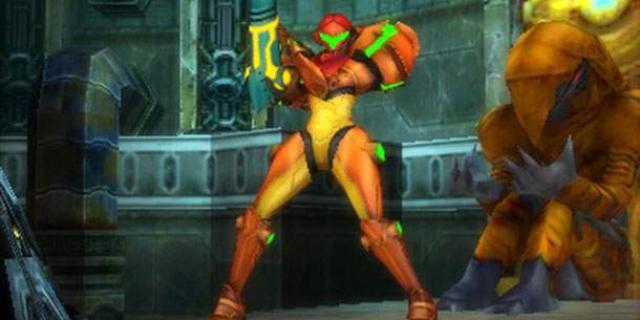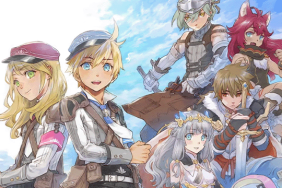As soon as the Nintendo Switch hit stores shelves I expected the 3DS to quickly lose software support. Yet here we are in its sixth year on the market and there’s a new entry for the Pikmin franchise, beefed up versions of Pokemon Sun & Moon, and a sidescrolling metroidvania that proves the system still has time on its side.
With that being said, I’ve barely…











